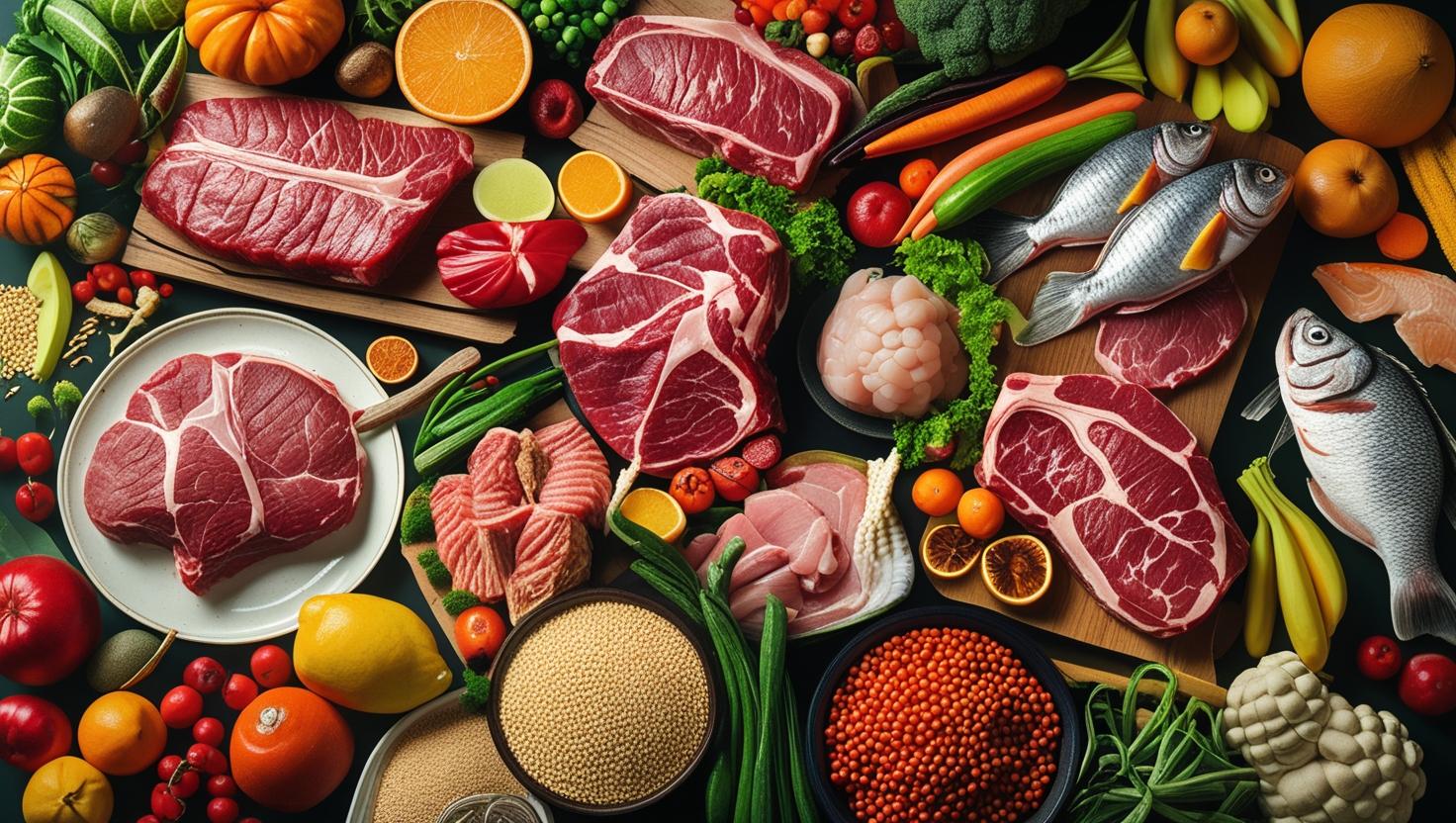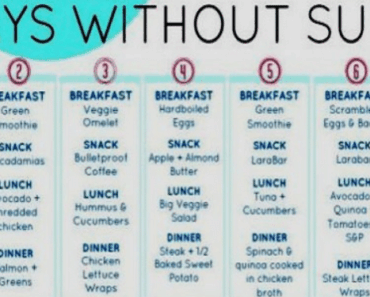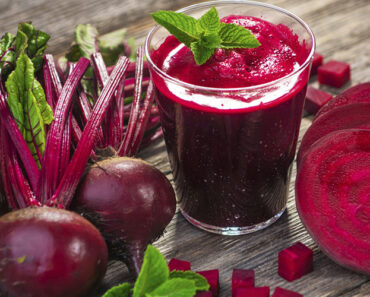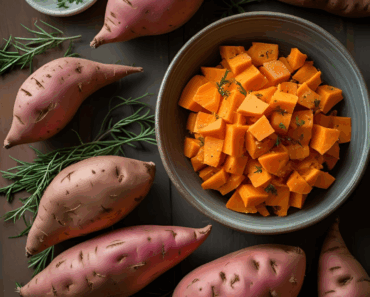Cravings are a universal human experience. Nearly everyone has felt that overwhelming urge to reach for a particular food—chocolate after a stressful meeting, salty snacks during a late-night movie, or a sudden pining for fresh fruit. Yet cravings are often misunderstood, sometimes dismissed as weak willpower or random desires. In reality, cravings are complex biological, psychological, and environmental signals—a language your body and brain use to communicate their needs and wants123.
This comprehensive guide will help you decode your cravings: the science behind them, the different types, why they happen, what they might be signaling, and how to respond in a way that supports your overall well-being.
The Science Behind Food Cravings
The Brain’s Reward System
At the root of every craving is your brain’s intricate reward system. Regions like the amygdala, prefrontal cortex, and hypothalamus are involved in decision-making, memory, emotion, and pleasure234. When you crave—and especially when you eat—a desired food, your brain releases neurotransmitters like dopamine, creating feelings of pleasure and reinforcing a desire to repeat the behavior. This system evolved so we’d seek out calorie-dense foods when food was scarce—a handy adaptation in prehistoric times but less helpful in today’s world of abundance234.
Neurochemicals and Hormones
-
Dopamine is released both in anticipation of the reward (craving) and its achievement (eating).
-
Serotonin (linked to mood) and endorphins (natural pain relievers) are also stimulated by certain foods, making them emotionally soothing during tough times1.
-
Cortisol, the primary stress hormone, drives cravings for energy-dense foods when you’re stressed567.
-
Leptin (fullness hormone) and ghrelin (hunger hormone) regulate appetite and can become imbalanced, especially with poor sleep or erratic eating habits, further intensifying cravings8.
Types of Cravings (and What They Can Mean)
Cravings aren’t all the same. Decoding them starts by recognizing which type you’re experiencing.
1. Physiological Cravings
-
Nutrient deficiencies: Sometimes, a craving is the body’s way of seeking out missing nutrients, e.g. red meat for iron, chocolate for magnesium, or citrus for vitamin C. However, most cravings are not so direct157.
-
Hormonal fluctuations: Periods of hormonal change, such as PMS or pregnancy, can prompt cravings for carbs or specific flavors847.
-
Hunger or low energy: Intense hunger, skipping meals, or drops in blood sugar often trigger cravings for quick energy—usually sugary or starchy foods589.
2. Psychological and Emotional Cravings
-
Emotional states: Stress, sadness, loneliness, boredom, or even happiness can all create cravings for comfort foods, which are typically those high in sugar, salt, or fat5103.
-
Comfort and reward: Consuming certain foods (for example, cake on your birthday) is associated with comfort, celebration, or nostalgia, reinforcing the emotional cycle4.
3. Habitual Cravings
-
Routine triggers: Regularly eating dessert after dinner or snacking while watching TV conditions your brain to expect food in those contexts—whether you’re hungry or not14.
4. Environmental and Social Triggers
-
Cue-induced: The smell of popcorn at the movies, advertisements, or seeing others eat can spark cravings, even if your body isn’t nutritionally in need134.
-
Seasonal/social influences: Holidays and social gatherings are powerful, as shared traditions and available foods make certain cravings hard to avoid5.
Common Cravings—What Are They Trying to Tell You?
Here’s what some specific cravings might signal:
| Craving | Possible Meaning or Trigger |
|---|---|
| Chocolate | May relate to a need for magnesium, but usually tied to its mood-enhancing chemicals and pleasure associations1. |
| Salty foods | Sometimes mineral imbalances or dehydration, but often a habit due to exposure to high-sodium processed foods1. |
| Sweets/carbs | May be a quick fix for low energy or low mood; can relate to serotonin boosting184. |
| Red meat | Often linked to iron deficiency, notably in menstruating women or those with low intake1. |
| Crunchy snacks | Sometimes signals stress or anger, as the act of crunching can feel cathartic4. |
Note: Most cravings are multi-factorial—rarely does a single nutrient explain them. Emotional associations and brain chemistry play just as vital (if not bigger) roles.
Why Do We Crave Highly Processed Foods?
Most food cravings center on hyperpalatable foods—those rich in sugar, fat, salt, or all three (think candy, chips, pizza, desserts)112. These foods are designed—literally—to trigger the strongest dopamine release possible, which is why you rarely hear about broccoli cravings.
-
Reward system hijack: Just like with addictive drugs, repeated consumption of hyperpalatable foods can “teach” your brain to seek them out for pleasure or comfort—even if you aren’t hungry2.
-
Habit formation: Frequent exposure creates powerful neural pathways, making these foods your go-to response in stressful or emotional situations12.
The Myths and Realities of Cravings
Myth: Food cravings are always a sign of nutrient deficiency.
Reality: Some cravings do signal the need for nutrients, but most are more strongly tied to emotional or environmental triggers and the brain’s reward circuitry18.
Myth: Cravings mean you lack willpower.
Reality: Willpower alone rarely overcomes a biologically-driven craving, especially in the face of strong emotional cues or chronic stress234.
Myth: Cutting out the craved food is the only way to beat cravings.
Reality: This can actually increase obsession or rebound overeating. Balanced inclusion and mindful eating are usually more effective12913.
Decoding Your Own Cravings: Self-Reflection Checklist
When the urge hits, ask yourself:
-
Am I truly hungry (stomach growling, low energy), or is this triggered by an emotion or situation?
-
What was I feeling right before the craving started? (Angry? Stressed? Lonely? Bored?)
-
When did I last eat? Could physical hunger be at play?
-
Did something in my environment set this off? (Smells, ads, social situations?)
-
Is this a recurring pattern (like always craving sweets when tired or after work)?
Answering these questions can provide valuable clues13.
Strategies for Managing Cravings
Understanding cravings is the first step; the key is learning how to respond rather than simply react. Here’s how:
1. Practice Mindful Eating
Slow down. Notice flavors, textures, hunger and fullness cues. Ask whether your desire is coming from true hunger or emotion913.
2. Balance Your Diet
A mix of complex carbs, proteins, healthy fats, and plenty of fiber helps regulate blood sugar and staves off cravings driven by energy crashes or nutrient gaps5138.
3. Don’t Skip Meals
Regular meals and snacks (every 2–4 hours) help prevent overwhelming hunger that leads to loss of control later95.
4. Identify Emotional Triggers
Keep a craving journal to spot patterns. Develop alternative coping skills: go for a walk, call a friend, journal, meditate, or engage in hobbies when emotional cravings strike5136.
5. Hydrate
Thirst is often mistaken for hunger. Have a glass of water and reassess the craving after a few minutes138.
6. Manage Stress and Sleep
High stress and poor sleep both trigger cravings. Regular exercise, mindfulness, and prioritizing sleep can help regulate mood and appetite hormones586.
7. Allow Flexibility—No “Forbidden Foods”
Restriction increases the allure of the forbidden. Occasional, mindful enjoyment of craved foods (in reasonable portions) is healthier and more sustainable than a cycle of binge and guilt12913.
8. Healthy Swaps
If you’re craving sweets, try fruit or a piece of dark chocolate. Salty cravings? Reach for nuts or roasted chickpeas instead of chips513.
When to Seek Help
If your cravings are frequent, intense, or feel out of control—especially if they’re leading to binges or negatively affecting your health or emotional well-being—consider reaching out to a registered dietitian, nutritionist, or mental health professional15. Sometimes, medical issues such as anemia, hormonal imbalances, or emotional eating disorders are involved and may need expert support.
Building a Better Relationship with Cravings
Cravings don’t have to be your enemy. Decoding them can transform guilt, shame, or frustration into self-awareness and empowerment. Instead of suppressing your cravings, listen to them. Figure out what they’re really telling you—physical need, emotional comfort, or habit. Over time, this approach leads to a healthier, more balanced relationship with food and yourself.
“Cravings are messengers—but you get to decide how you respond.”152
- https://careand.ca/post/food-cravings-what-body-needs-nutrition-guide/
- https://nutritionsource.hsph.harvard.edu/cravings/
- https://www.harmonyridgerecovery.com/neuroscience-behind-cravings/
- https://zoe.com/learn/food-cravings
- https://chear.ucsd.edu/blog/craving-management-understanding-control-food-cravings-guide
- https://www.scripps.org/news_items/6147-7-tips-to-control-your-food-cravings
- https://www.stelo.com/en-us/blog/stress/what-causes-food-cravings-how-to-stop-them
- https://www.healthline.com/nutrition/craving-meanings
- https://wellness.uoguelph.ca/managing-cravings
- https://www.psychologytoday.com/us/blog/rhythms-recovery/202010/the-psychology-behind-cravings-and-how-deal-them
- https://www.forbes.com/2007/07/10/health-food-cravings-life-health-cx_avd_0711crave.html
- https://pmc.ncbi.nlm.nih.gov/articles/PMC7399671/
- https://fitandflex.in/blogs/food-myths/7-effective-strategies-how-to-understand-food-cravings-and-make-peace-with-them-1
- https://blog.providence.org/regional-blog-news/decoding-cravings-what-your-body-is-trying-to-tell-you
- https://www.nbcnews.com/health/health-news/decode-your-food-cravings-flna1c9450348
- https://www.numberanalytics.com/blog/ultimate-guide-to-food-cravings-in-nutrition-science
- https://pubmed.ncbi.nlm.nih.gov/17466108/
- https://www.foodunfolded.com/article/understanding-our-cravings-ancient-appetites-in-a-modern-world
- https://askthescientists.com/food-cravings/
- https://www.cuh.nhs.uk/patient-information/dealing-with-food-cravings/







